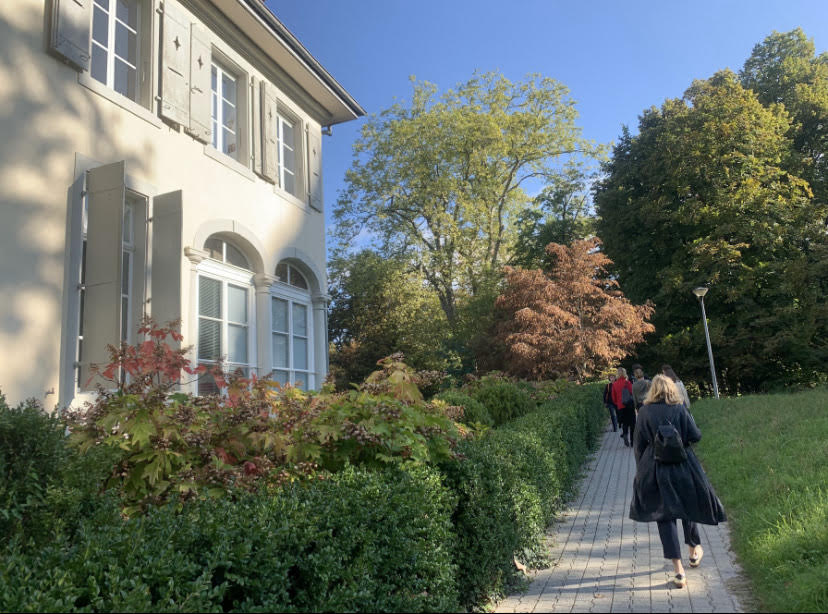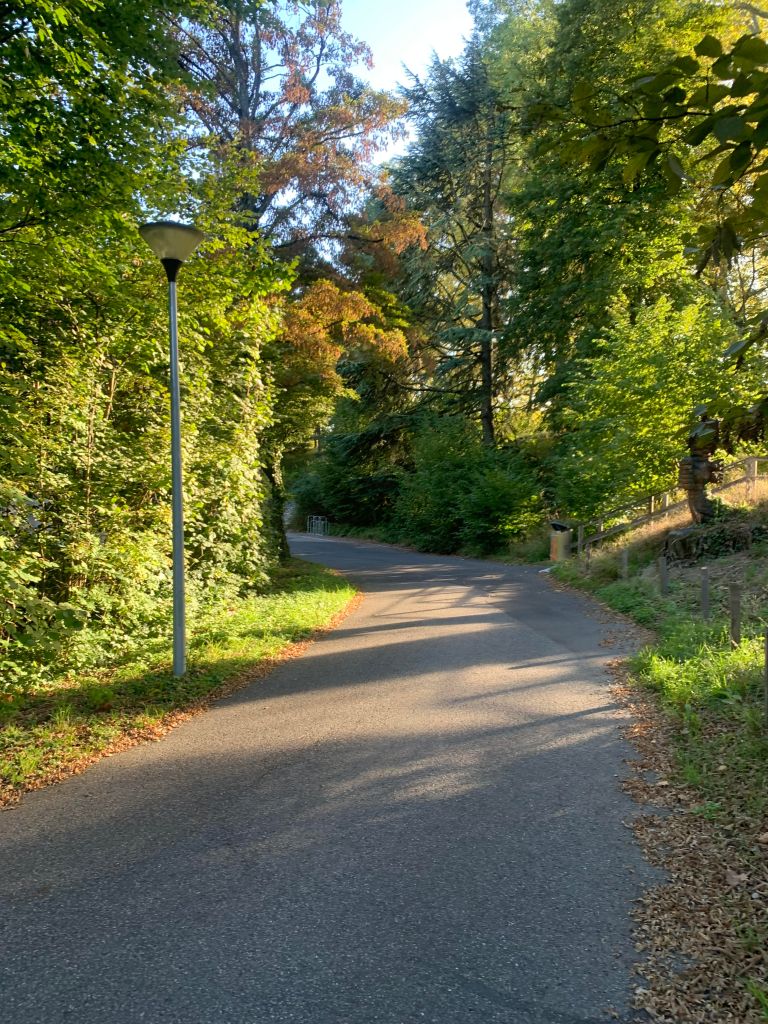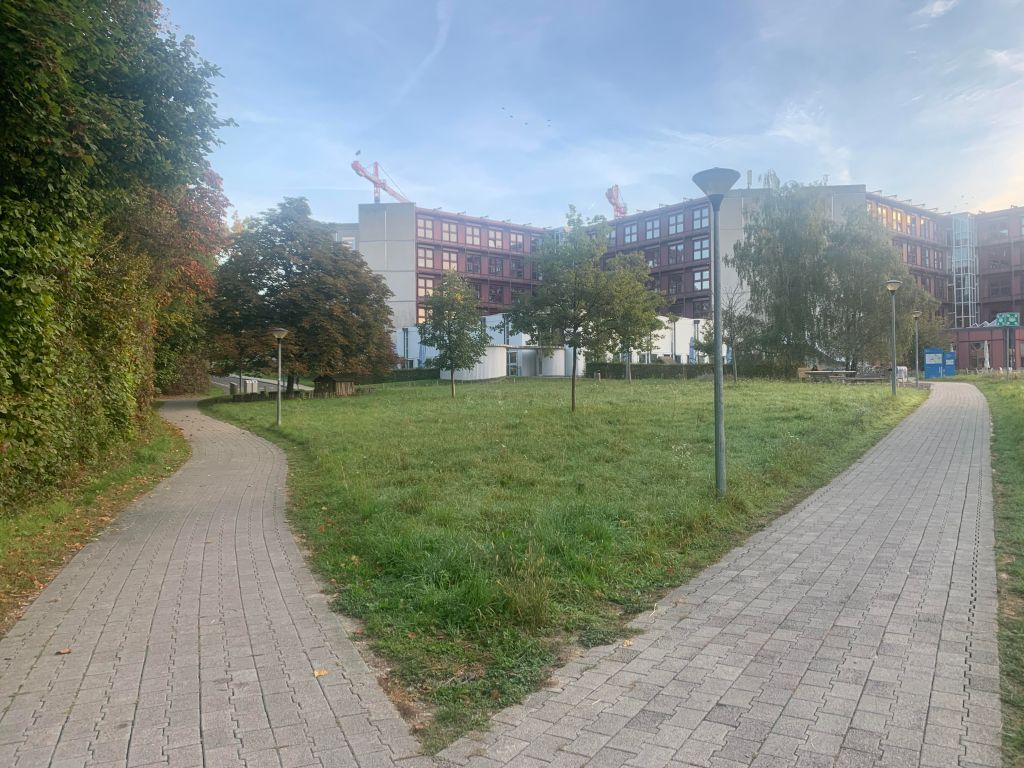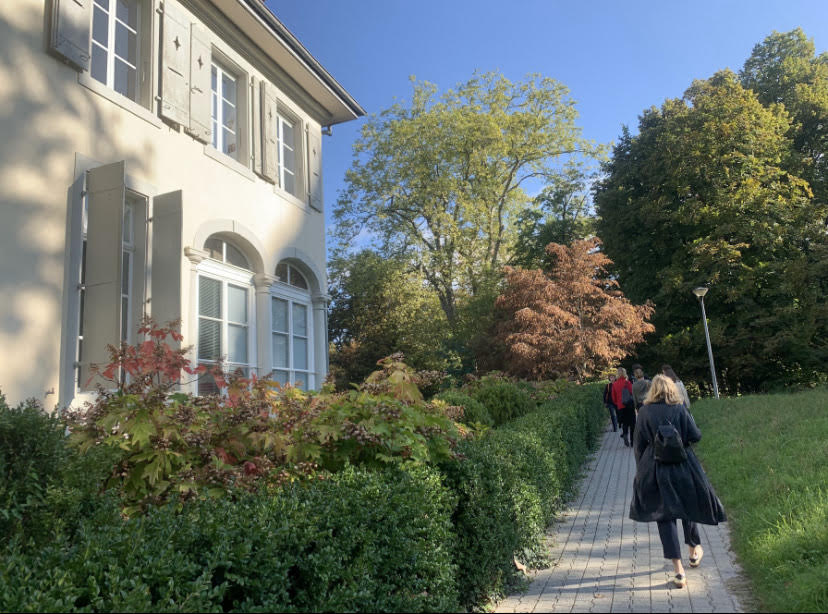By Camilla Sechi
By the shore of ‘Le lac Léman’, also known as the Geneva Lake, L’Université de Lausanne (UNIL) was founded in 1537. It was initially a school of protestant theology to train pastors for their future roles in the church. It was then turned into a university in 1890, now the country’s second oldest.

The few academic differences I have noticed between Lausanne and Sheffield are subtle. The way credits are measured, with each class being worth five or two and a half. You must sign up for classes the first week of term, and only for that term, rather than choosing all your modules the summer before the new academic year, and you have four weeks to try out courses and change your mind. While Sheffield will tell you the number of credits you are required to do, no more, no less, Lausanne will give you a minimum requirement of fifteen credits for my department, but you are allowed to take more if you wish. Once you
have signed up for your lessons, you must also sign up for exams, or you won’t be allowed to sit them and won’t get the credits out of the class. If you don’t sign up in time, it will cost you around two hundred francs.
My classes are seminars this year, with small groups of around ten or fifteen students, free to interact with the professor. Lessons tend to last an hour and a half, compared to my fifty minute lectures at home and two hour labs, but they do tend to be at around the same times as at Sheffield. They usually start at either quarter past, to, or half past, and the lecturer never takes to register. It is up to you to show up to class; you won’t receive a series of emails demanding your attendance, but it is true that these lessons are not recorded. The semesters are then divided in half by a reading week, which is then followed by coursework
deadlines. Thus, the structure of the academic years is almost the exact same as the one at Sheffield.

First year students have their own classes together, while second and third year students of both bachelors and ‘diplôme’ courses have lessons together, along with master students and mobilité/Erasmus exchange members.
A bigger difference, that was apparent to me as a literature student, is the way literature is studied. At the university of Sheffield, we tend to study a text per week, the text can either be a poem, or a novel, with our way of being examined being essays, the topic and literary text to be discussed being up to you, with the university telling you whether it should be a semester one or two text, and how long the essay should be.
Here, my literature classes are different. My seminar on ‘le cycle de l’absurd’ primarily focuses on Albert Camus collection of short stories ‘noces, suivi de l’été’, while drawing links to some of his other works such as ‘le mythe de sisyphe’ and ‘l’étranger’. The evaluation for
this course is a ten to fifteen page essay on the novel, as well as set questions. In this aspect, UNIL gives their students less freedom.

In addition, I have another class that is simply called ‘littérature romande’. But I have found it quite different from my other literature curses, that follow the structure of the Camus one. Each week is spent focusing on a particular author, on their lives, their work, how they became renown writers, the historical context… rather than focusing on reading and analysing their texts. Extracts are provided, but more as to give examples of the kind of literature they specialised in. It is therefore more of a history of literature module, even if it isn’t labelled as such.
Overall, there aren’t many academic differences between the UK and Switzerland. L’Université de Lausanne presents an interesting academic contrast to Sheffield, offering a different approach to courses and literature studies. It’s a testament to the diverse opportunities available in the world of higher education.


